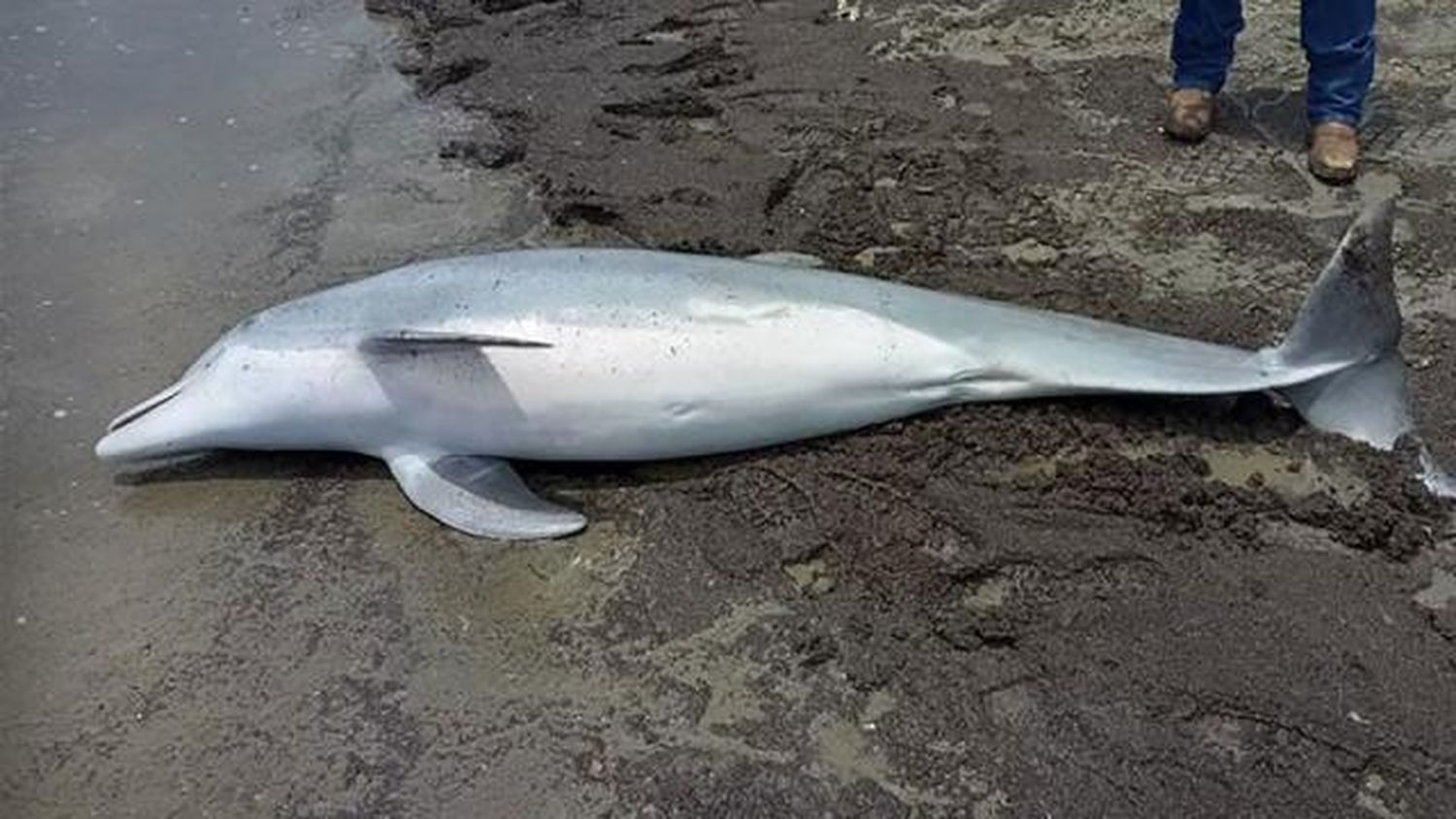Police Search
$20K Reward Offered for Information on Dolphin Shooting in Louisiana
In a disturbing incident that has sparked outrage and concern among wildlife conservationists and the public alike, a young bottlenose dolphin was found shot to death on a beach in Cameron Parish, Louisiana. The National Oceanic and Atmospheric Administration (NOAA) has announced a $20,000 reward for information leading to the arrest and conviction of those responsible for this heinous act.
The dolphin's body, discovered on March 13 on West Mae's Beach, bore multiple gunshot wounds, including injuries to its brain, spinal cord, and heart. The gruesome details were revealed following a necropsy performed by the Audubon Nature Institute in New Orleans, which confirmed that the animal succumbed to these injuries.
This act of violence against marine wildlife has not only violated federal laws but also highlighted the broader issues of animal cruelty and the illegal harassment of protected species. Under the Marine Mammal Protection Act, harming or harassing wild dolphins is a federal offense, punishable by fines up to $100,000 and imprisonment for up to one year per violation.
The NOAA's Office of Law Enforcement is leading the investigation into this crime. They have issued a call to the public, urging anyone with information about the incident to come forward. Tips can be reported to the NOAA Enforcement Hotline, and while anonymous tips are accepted, providing contact information could make the informant eligible for the reward.
The shooting has caused a significant uproar among environmental groups and the community, prompting discussions about the need for increased protection and surveillance of wildlife areas. The incident also raises questions about the motives behind such an act, as harming a dolphin offers no clear benefit but causes significant harm to marine ecosystems and biodiversity.
West Mae's Beach, where the dolphin was found, is part of Barataria Bay, an area known for its rich marine life and as a habitat for the Gulf of Mexico's bottlenose dolphin population. This region has faced numerous challenges over the years, including the devastating impacts of the Deepwater Horizon oil spill in 2010, which led to a sharp decline in dolphin populations due to oil exposure and subsequent health complications.
The current incident underscores the ongoing threats to these marine creatures, not just from environmental disasters but also from direct human actions. It also highlights the critical role that the public can play in wildlife conservation, as tips and community vigilance can significantly aid law enforcement efforts to protect vulnerable species.
Conservationists are calling for stricter enforcement of wildlife protection laws and greater public awareness about the importance of preserving our marine environments. The shooting of the dolphin not only represents a loss of wildlife but also diminishes the biodiversity that is crucial for healthy ecosystems.
As the investigation continues, NOAA officials and local authorities remain hopeful that the public will provide the necessary information to bring the perpetrators to justice. This case serves as a stark reminder of the fragility of marine life and the need for concerted efforts to protect our natural world from senseless acts of violence.

